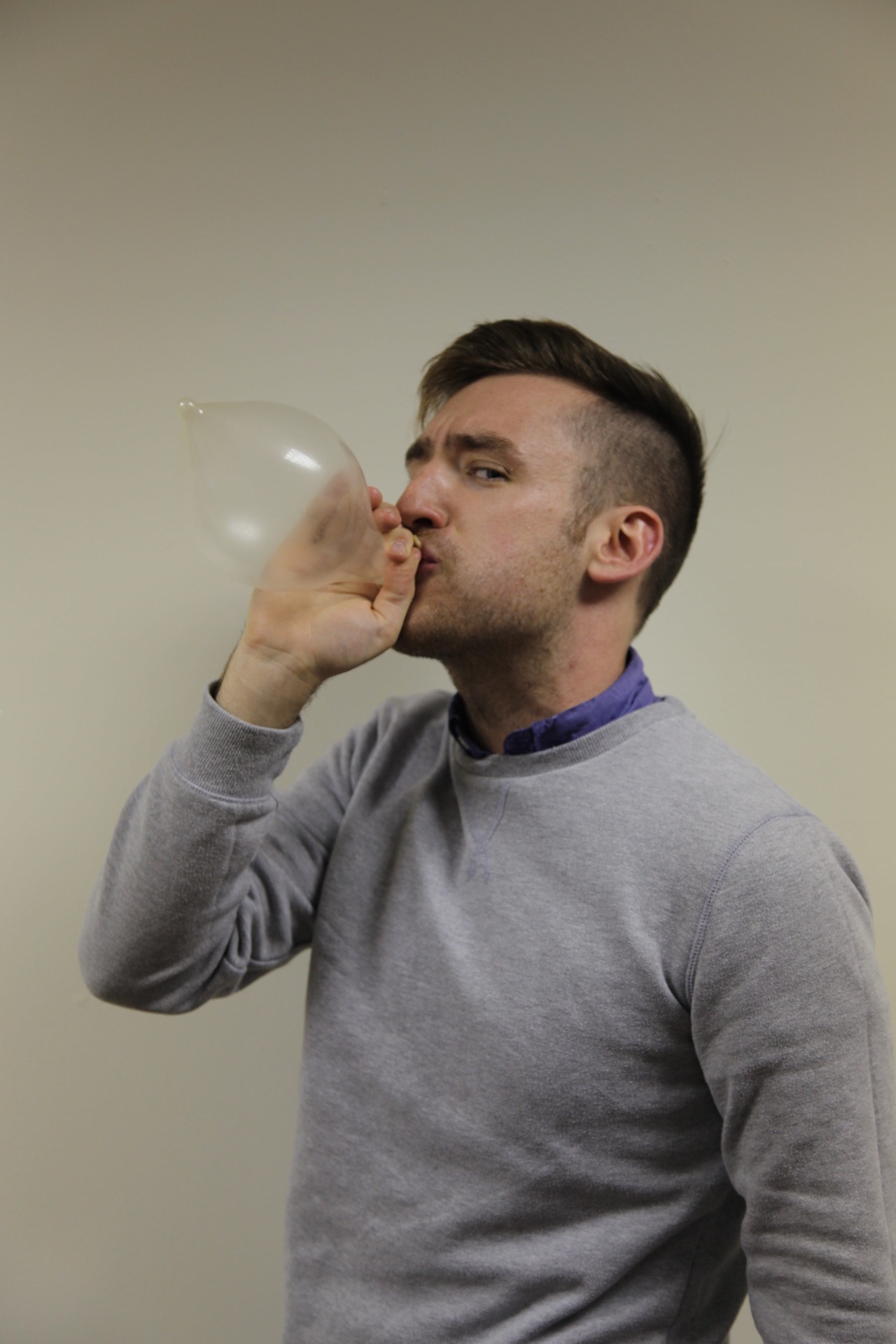
For the sake of campus health, TWP debunks some common myths about STIs and offers some advice
By TYLER WAYNE PATTERSON
Alot of Lewis & Clark folks seem to think they are not at a high risk for acquiring Sexually Transmitted Infections (STI’s). The truth is, a lot of college-aged student are at high-risk: Fifty percent of sexually active people will contract a Sexually Transmitted Disease (STD) by their 25th birthday. Whether you think STI’s are not spread around campus (they are), or that prescription birth control is enough (it’s not), if you are sexually active outside of a monogamous relationship, it is time to know your status and prevent infection. You do not have to pay your own phone bill to be an adult — just complete regular STI screenings.
First, Let’s debunk some common STI myths.
Myth #1: If you do not have any symptoms, you do not have an STI. NOT TRUE! Many STI’s can lie dormant, not showing any symptoms. In fact, only 10 to 25 percent of people with genital herpes know that they have it. Not only can you spread infections without knowing it, but asymptomatic infections can still cause harm to your body (including infertility). If you are entering a monogamous relationship, all parties should get tested before ditching the condoms. Waiting three months before having unprotected sex with your partner might be annoying, but wouldn’t giving your partner an STI be even more of a nuisance?
Myth #2: The HIV epidemic is a thing of the past. FALSE! According to “The Advocate,” HIV infection among gay men aged 13-24 rose 130 percent between 2001 and 2011. If you are a trans, gay, or bisexual man, and are sexually active, you have a lot of options for preventing infection. Pre-exposure prophylaxis (PrEP) is a daily prescription pill that, when taken regularly, can reduce the risk of HIV infection by 92 percent. PrEP might not be for you, so do some research and talk to a doctor or a local queer resource center. Still, you should still use a condom to prevent other STIs.
Myth #3: HIV does not impact straight, white people. WRONG! Maybe you played hooky in middle school on the day your health teacher played the videos of happy, straight white couples with HIV. Or maybe you did not have comprehensive sexual education at your school. Well, here is your chance to avoid infection. You might not be a part of a high-risk group, but if you are sexually active, you are at risk of infection. And do not forget about other, more common sexually transmitted diseases. Use a condom, know your status and get tested regularly.
Myth #4: STI screenings are too expensive. Sure, you can find expensive screenings. A screening on campus can cost upwards of $150. Hopefully, the campus health center’s cost is lowered soon, but in the meantime there are plenty of low-cost options that do not involve insurance (especially useful if you are worried your parents will see the expense or if you are uninsured). Planned Parenthood can probably work with your insurance. Multnomah County health services also offers STI screenings at $25. If you are queer, the Q Center can help you find safe, accepting and affordable (free) places to get tested.
If you are abstinent or prefer monogamy, debunk these myths for a friend. Sexually transmitted infections are potentially painful, costly and can impact you for life. So get tested for you and your sexual partners.
And don’t accept pressure to have sex without a condom because it ‘feels better’ or is ‘sexier.’ As Karley Sciortino said in her column for “Vogue,” “I find it bizarre that so many people still talk about condoms being a turn-off, when really, the biggest turn-off is having to argue with a guy about why he should put one on.”
Subscribe to the Mossy Log Newsletter
Stay up to date with the goings-on at Lewis & Clark! Get the top stories or your favorite section delivered to your inbox whenever we release a new issue.

Leave a Reply